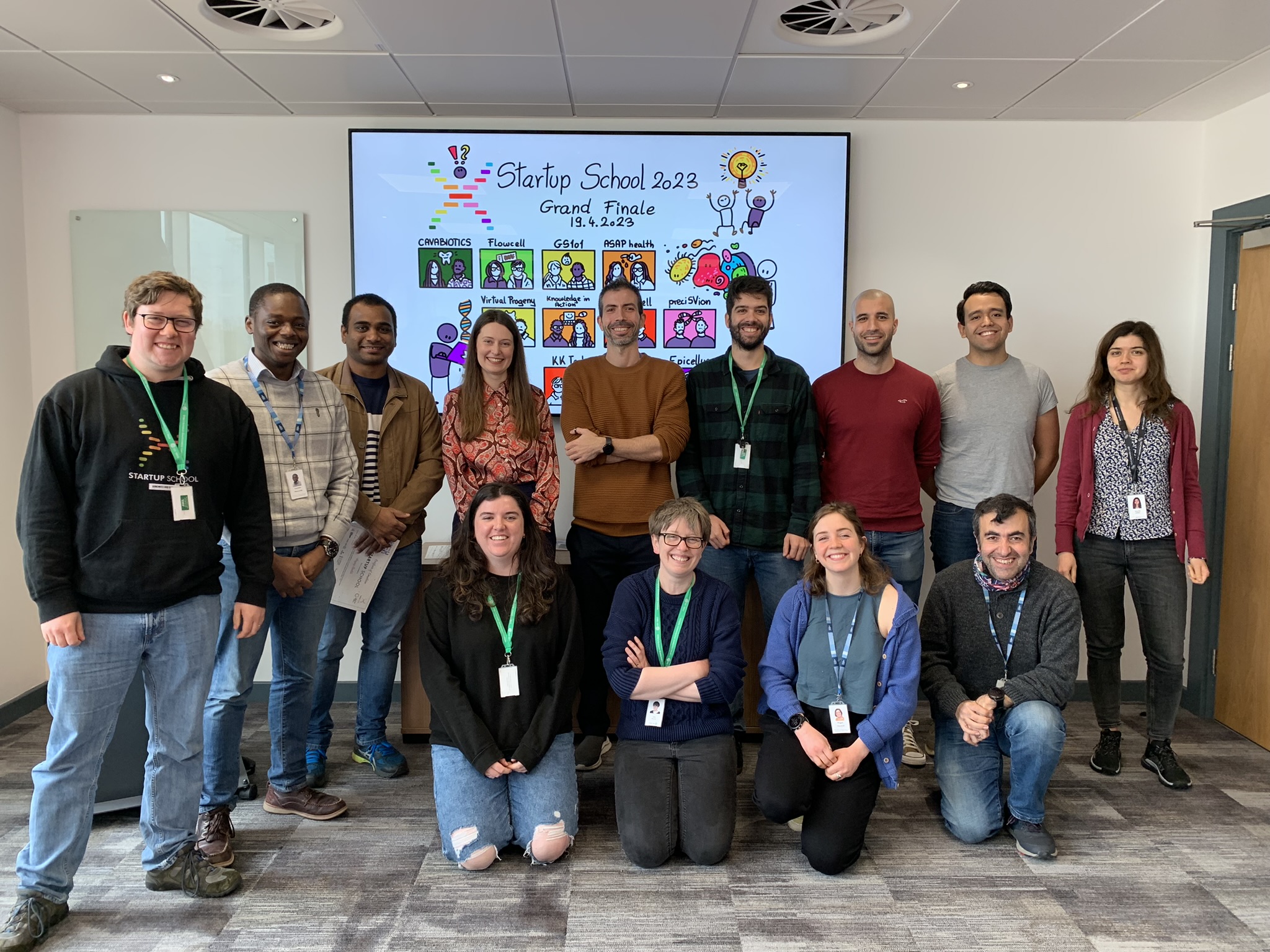How many iterations of a business idea does it take to succeed in biotech?

The Bioscience Translation Challenge event held on Campus hosted venture capitalists, investors, UK incubators, start-ups, high growth firms, R&D organisations and service providers. Of those in attendance 61% were from companies not resident on the Wellcome Genome Campus, but coming together to discuss the current challenges and opportunities for transforming the bioscience and healthcare market spaces here in the UK.
Introducing the session (and also a panel member) was Dr Uday Phadke, CEO of Cartezia and co-author of a recently published book “Camels, Tigers & Unicorns”. The book represents an analytical tour de force for technology entrepreneurs; its content driven by original research and supported by hundreds of case studies. In it, the authors introduce the concept of the ‘three chasms’ that early-stage technology-enabled companies have to cross, and explore the tools that maximise the probability of crossing them. It is a practical resource for those looking to gain a deeper understanding of the reasons why some enterprises arrive at the gates of the infamous ‘Valley of Death’ and others do not. The authors of the book suggest that the most challenging chasm is the second, which is the transition to a viable commercial proposition – it’s the most difficult and the one for which there is the least assistance. “Managing it, is hard and complex”: says Uday “…and the growth of the biotech sector in the UK depends on our ability to crack this challenge.”
Amongst the panellists was Dr Martino Piccardo– who is the first CEO of the Stevenage Bioscience Catalyst – an ambitious project to develop an incubator/accelerator as well as a world-class science park in Stevenage, right next door to the UK headquarters of GSK. Martino says that his experience has taught him that better translation of science into product or business means early academic intervention and engagement.
Dr Adrian Ibrahim, Head of Business Development and Technology Transfer at the Sanger Institute feels that the Triple Chasm model provides valuable insight for those seeking to translate science into impact. One key message is the benefit of proactively developing the leadership teams as the assets progress through the different development and commercialisation stages, each of which will benefit from different capabilities and experience.
Overall, panellists agreed that agility is the key to success and that profitable companies are the ones that are willing to experiment and iterate. Dr Shai Vyakarnam (Uday’s co-author and Director of the Bethany Centre for Entrepreneurship) cites one of the motivations for writing this recent book was to equip business leaders of the future to adapt to the twists and turns they have to make as they navigate the regulatory landscape inhabited by growing biotech businesses.
All companies based here at the Wellcome Genome Campus that have been spun out in the last 7 years or so have one thing in common; their founders were willing to take personal risks to make their businesses work. Dr Robert Tansley, Investment Director at Cambridge Innovation Capital reminds the audience: “We need to celebrate the people willing to fail- they are a rare breed.”
Dr Tony Jones, Director of Business Development at One Nucleus and panel Chair wrapped up before handing over to the audience for questions with a thoughtful statement about the challenge of unpacking the value chain and splitting it up into fragments; ultimately the challenge is about understanding the customer and providing a solution to their needs.
By the way, the answer to the question we started with is 7! An average of 7 pivots of the original business plan is what it takes to make a biotech business succeed in the current economic, technological and regulatory climate.
View Uday’s slide deck here (PDF)
If you would like to be invited to a similar event in the future, sign up to our mailing list here or email Vika Lebedeva-Baxter, Marketing Manager for Campus Innovation.


